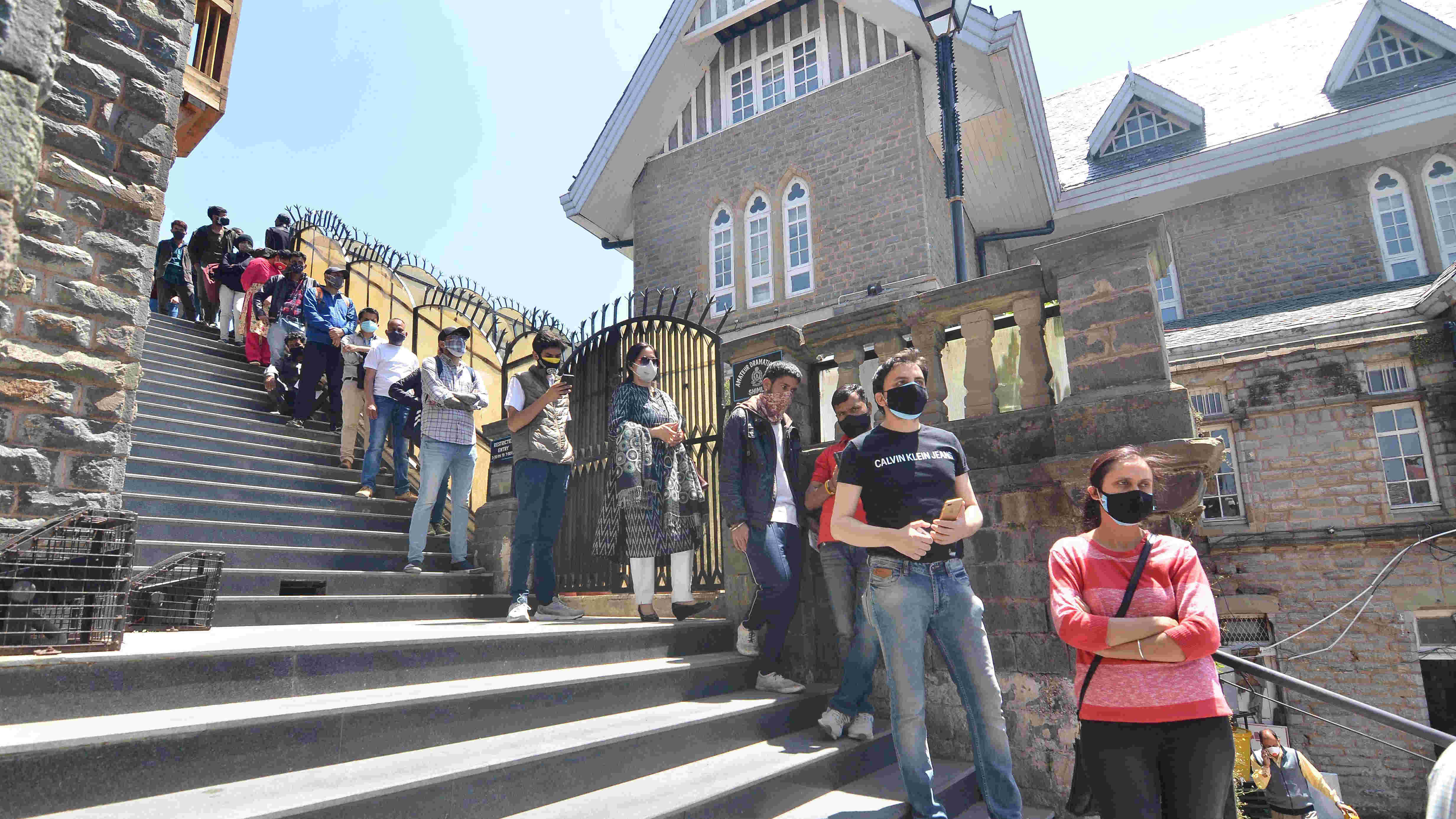India’s vaccination drive has been criticized on account of several deficiencies. The myopia of the Narendra Modi government has resulted in a shortage of vaccines, inconveniencing citizens. The pace of vaccination has left a lot to be desired. Even the distribution of these doses critical to India’s war against Covid-19 has revealed worrying anomalies, with the challenges being steeper in rural areas. Surprisingly, a rather important aspect of the vaccination programme has received scant attention. Registration on the CoWIN app for applicants in the age group of 18-44 has been made mandatory. In a country with markedly iniquitous access to digital services and infrastructure as well as pronounced digital illiteracy, this could further curtail the reach of vaccines. A public health initiative could then become unacceptably exclusionary. Existing data do nothing to dispel such doubts. India’s telecom regulator has stated that as of February this year, digital penetration in rural India was a little over 59 per cent; a bulk of the users, however, used basic phones lacking internet connectivity. There are other concerns. Last year, a National Family Health Survey had found that 60 per cent of women in 12 states and Union territories had never used the internet. The quality of services remains patchy, especially in India’s hinterland. These factors, along with a drop in purchasing power on account of deepening economic distress, are likely to impede vaccine registration among poor and socially disadvantageous groups.
The many limitations in India’s vaccination endeavour thus reveal a fundamental problem: an increasing willingness on the part of the State to adopt a technocratic approach towards the resolution of crises. Technocracy, while efficient, is often plagued by a sterile imagination. This blunts the razor edge of policies that are drafted without considering the complex ground realities in India. Combining the advantages of technology with knowledge of local conditions and obstacles holds the key for public interventions. The vaccine roll-out is not an exception to this caveat.










